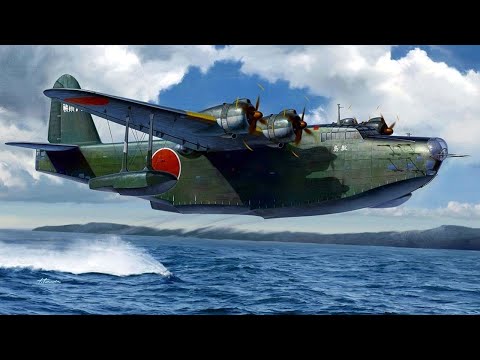You do not hear much about the second Japanese attack.
Thank you for that, Afrotea.
Pearl Harbor has lots of interesting lessons for us. One, which I’ve mentioned elsewhere, concerns the Deep State – which should not be used as an always-pejorative term! – which knew the US would have to go to war, but faced the deep isolationism of the American people (and Republican Party) – a sentiment which in general is wise, but not always. Sometimes there really is an enemy out there who wants to kill you. So the Japanese were maneuvered into firing the first shot, as the Roosevelt administration wanted. Good.
First lesson: don’t shoot the bearer of bad news. Or rather, don’t make a potential bearer of bad news worry about retaliation if his news turns out to be wrong. Let such people err on the side of caution.
We actually had radar in Hawaii (although the local eco-freaks had prevented it from being sited in the best place, which was in a national park – nothing new under the sun!). This radar picked up the approaching Japanese attackers, but the Lieutenant in charge decided that they were friendly. I suspect one factor is his decision not to sound an alert was the fact that is was Sunday morning … ie most of the base would have been sleepoing off a Saturday night drunk. But in hindsight … they should have been ultra-alert and erring on the side of caution. Normalcy bias struck once more.
Second Lesson: If 'tis worth doing, 'tis worth doing well. Hindsight is 20-20. But the Japanese should have risked a third wave, going after the repair docks and fuel bunkers. It would have meant risking their airplanes, but the stakes were high.
As it was, almost all of the capital ships they sunk were raised and repaired. And they didn’t get the really important ones, which they would encounter months ater, at Midway.
Third Lesson: you win some, you lose some. The Japanese had some good luck at Pearl Harbor, partly due to American bllunders. BUT … the real capital ships by then were the carriers, and … all our carriers were at sea. Coincidence, or something else?
Fourth Lesson, not so much a lesson as an interesting historical fact. As Churchill said in his History of the Second World War, it was the Japanese Army, not the Navy, who were the aggressive war-mongers. The Navy was worldly-wise, and their head had extensive knowledge of America. In fact, his Wiki bio is well worth reading. Note that although it was the Americans who finally killed him, he had lived in danger of assassination for many years … from the Japanese Army!
[ Isoroku Yamamoto - Wikipedia ]
And there is a lesson here as well: at the time, everyone believed that to be a prosperous nation, you needed colonies. Japan was just trying to do what the British, French and Dutch had done: grab chunks of Asian real estate.
But, as the post-war history of Germany and Japan has proved … you don’t need colonies to be prosperous.
Stay out of other peoples’ countries, make high-quality things or provide high-quality services, and buy what you need. A lesson for us today?

